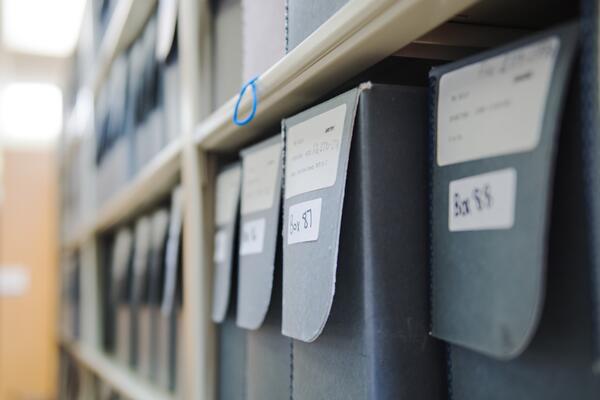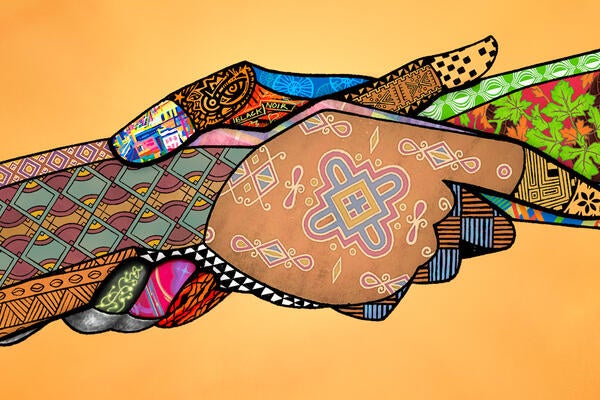
What do you do when it seems like there’s nothing you can do?
Waterloo postdoctoral scholar Ilknur Umay shares her story of helping her family and all those affected by the earthquakes in Türkiye and Syria

Waterloo postdoctoral scholar Ilknur Umay shares her story of helping her family and all those affected by the earthquakes in Türkiye and Syria
By University RelationsAs University of Waterloo systems design engineering postdoctoral scholar Ilknur Umay was getting ready to go to bed earlier this week, she happened to look at her phone. What she saw scared her. There were multiple missed calls and texts from her brother in Türkiye telling her to turn on the news.
When she did, Umay immediately saw what was happening and where. A 7.8 magnitude earthquake had hit the region where her hometown is located – shifting the tectonic plate it sits on a whopping three meters from its original position. Her parents had recently retired back to the family home there.
Umay’s immediate family is safe, but with the death toll for this disaster currently at 11,000 people and rising, we know that many others are not.
“What I want people to understand is that this isn’t just one town – this earthquake and the aftershocks that still continue are affecting an area as a big as Ontario,” said Umay. “My hometown isn’t located in the most damaged region, and still my parents’ home has collapsed. It’s like this for many hundreds of thousands of people, that’s why I’m trying to help – the need is so great.”
Rescue efforts have been hindered by damage to roads leading to the affected areas and by the political situation in Syria. When Umay tried to send supplies to her parents, she was told there was no way to get what they needed to them directly.
“It’s cold in eastern Türkiye right now and because the earthquake and aftershocks have made buildings so unstable, the government is telling people not to go inside,” she said. “People are in the streets, and they need winter gear to keep warm until they can find a different place to go. I thought, if I can’t send my parents supplies directly – I can bring people together to send supplies to everyone who needs them.”
Umay started small – with her close circle of friends at Waterloo, some of whom also have families affected by the earthquakes and some of whom are from places like Iran and have a keen understanding of what it’s like to be far from home when family and friends could be in danger.
Thanks to this group and to a wider and growing circle of people on campus who have come together to talk to each other about how to help, Umay’s efforts are growing.
“There is power in the collective,” said Umay. “Alone, I could not directly help my parents, but with this group, we can help so many people. I’m asking everyone at Waterloo to be part of this effort with me.”
If you would like to help with this effort, please donate new items before February 20 at 5:00 pm to E7 – 6332.
The items most needed are:
The items will be delivered by Umay to the Turkish Embassy in Toronto which will be sending these items to those most in need. Please be sure that you are donating new shoes/boots, all other items may be gently used.
Please also consider a monetary donation if you are able – the Government of Canada is currently matching donations made to the Red Cross campaign.

Read more
Upside Robotics secures new funding to accelerate the future of sustainable farming

Read more
Discover the meticulous work that uncovered Black stories on campus and preserved them for the future

Read more
A message from the President and Vice-Chancellor
The University of Waterloo acknowledges that much of our work takes place on the traditional territory of the Neutral, Anishinaabeg, and Haudenosaunee peoples. Our main campus is situated on the Haldimand Tract, the land granted to the Six Nations that includes six miles on each side of the Grand River. Our active work toward reconciliation takes place across our campuses through research, learning, teaching, and community building, and is co-ordinated within the Office of Indigenous Relations.